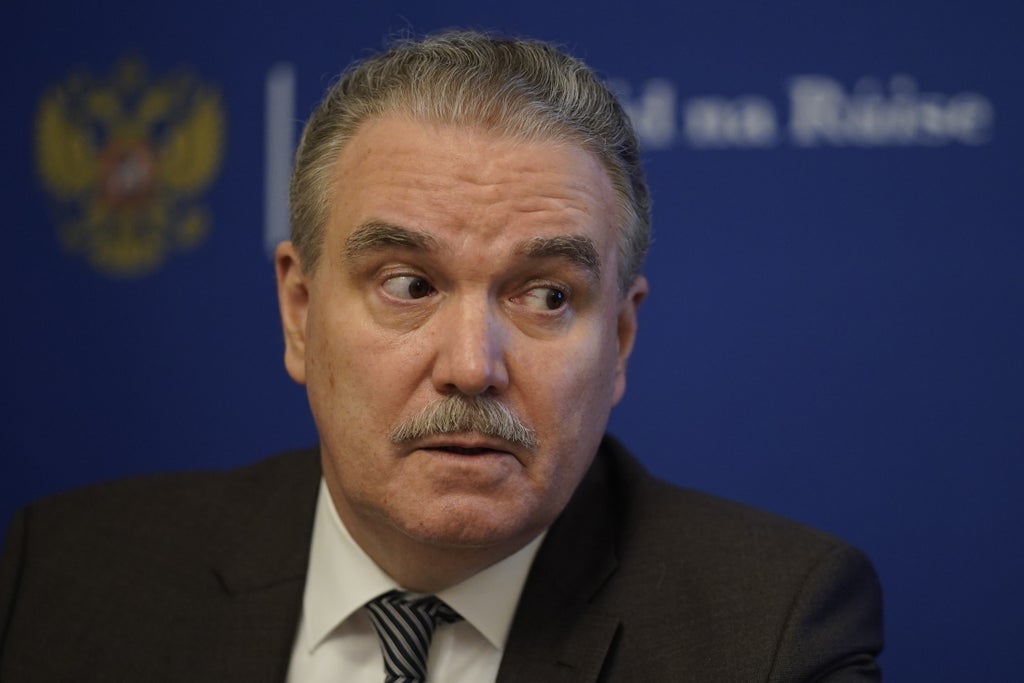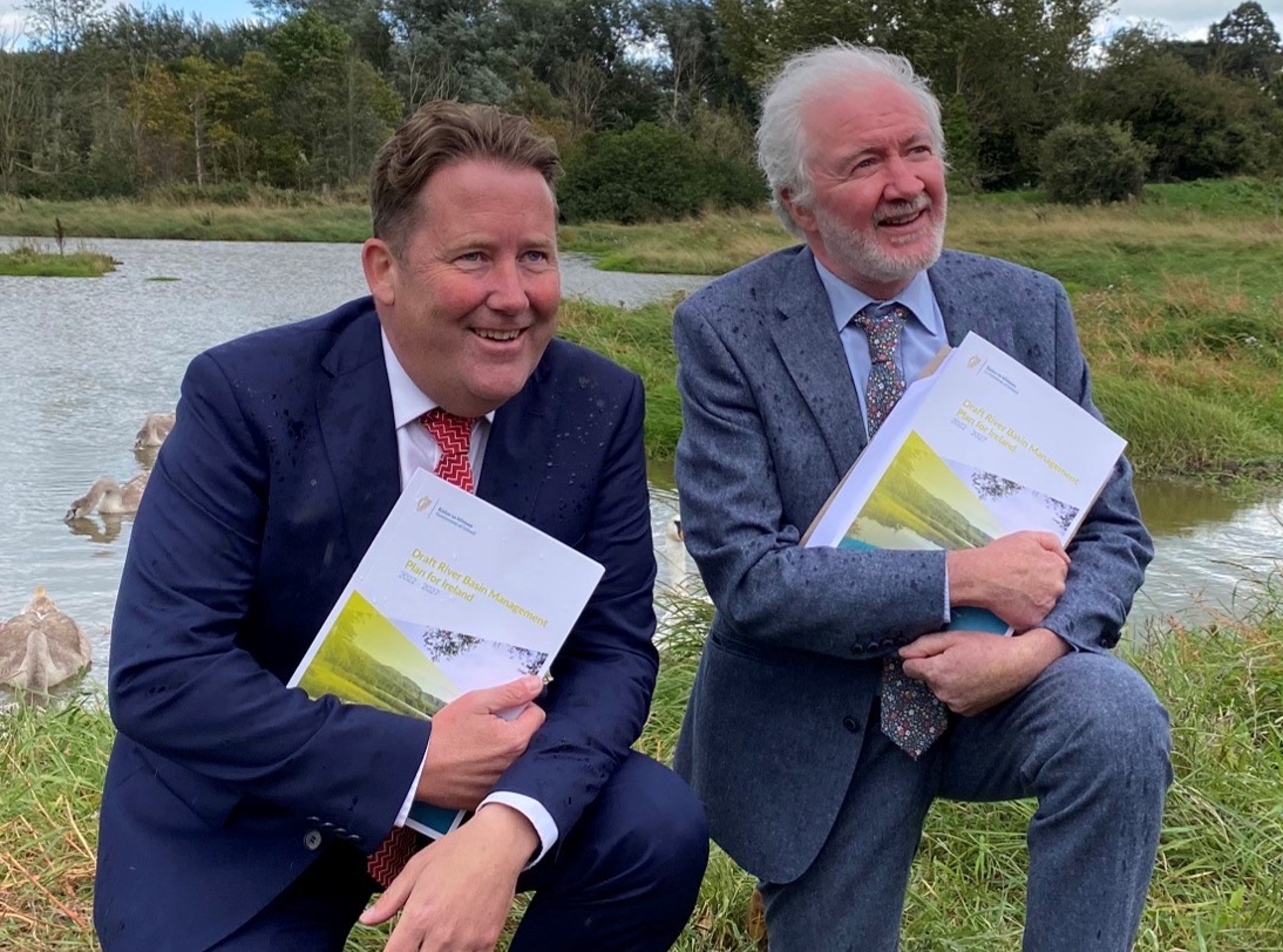
An Irish junior minister has written to the Russian ambassador to warn that planned naval exercises could threaten to damage marine life.
Malcolm Noonan, a junior minister in the Department of Housing, Local Government and Heritage, said that he was “deeply concerned” about the planned military exercises, which have prompted public criticism from the Irish Government.
The Russian artillery drills, at the start of February, will take place in international waters but within Irish-controlled airspace and the country’s exclusive economic zone (EEZ).
In a statement, Mr Noonan said: “While we do not know the nature of these exercises, we do know that underwater sounds such as active military sonar can have devastating consequences for cetaceans including some of our rarest marine mammal species, notably the deep-diving and rarely-seen blue whale, sperm whale and beaked whales.”
“It can cause significant disruption to their hearing systems and normal behaviour, and may lead to permanent or even lethal injury.”

Mr Noonan said that he had written to Irish Foreign Affairs Minister Simon Coveney and the Russian Ambassador Yury Filatov to express his concerns.
The minister said that Irish scientists have been mapping and surveying Irish marine mammals closely for several years.
“Ireland’s marine mammals have been the focus of considerable research efforts over the last three decades and the understanding of species occurrence, abundance and distribution has improved markedly in that time,” Mr Noonan said.
Taoiseach Micheal Martin said on Tuesday that planned Russian navy exercises off the Irish coast are “not welcome”.
Mr Martin told the Dail: “Holding military exercises in international waters off our coast is not welcome. And there is an ecological issue here.”
Mr Martin rejected any suggestion such training exercises are a “regular occurrence”.
In compliance with legal requirements, Russia informed Ireland’s aviation authorities of the planned activities in advance.
The Irish Aviation Authority (IAA) said there would be no impact on the safety of civil aircraft operations.







